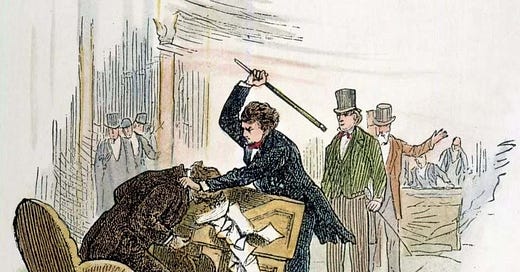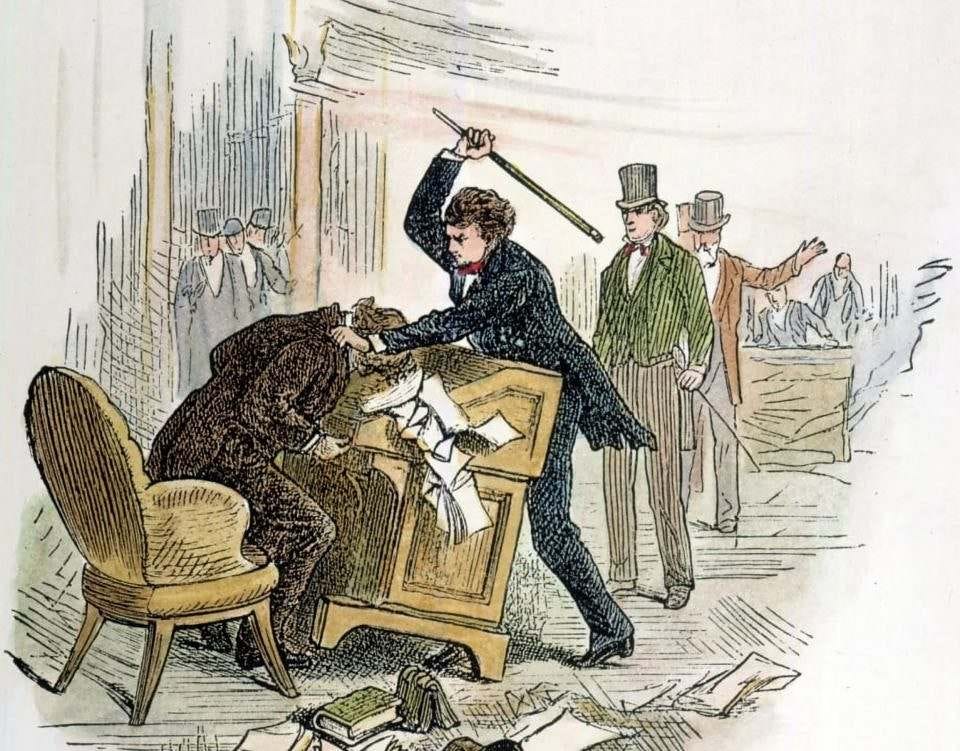#69: CIVICS 101: The Legislative Branch
Q&A #69: Are there time limitations on debate in Congress?
Our American Government
Our American Government is a small book published by the House of Representatives for citizens and those who seek a greater understanding of the American interpretation of democracy. It follows a question-and-answer format and covers a broad range of topics dealing with the three branches of our Government, the electoral process, and the role of political parties.
The Savvy Citizen is reproducing the 169 questions-and-answers through a series of posts called Civics 101. Each post will contain the Q&A as well as some additional commentary to add historical context, fun facts, or anything we believe will add to our collective understanding of these topics.
Think of it as your adult Civics class but without the test!
Let’s keep at it.
SECTION: The Legislative Branch: The Congress
Congressional Rules and Procedures
Q&A #69: How do Members obtain permission to speak?
In the House, Members stand, address the Presiding Officer and do not proceed until recognized to speak. The Presiding Officer (the Speaker in the House or the Chairman in the Committee of the Whole) has the authority to ask Members for what purpose they seek recognition. The Presiding Officer may then recognize or not recognize a Member, depending upon the purpose for which recognition was requested.
In the Senate, Senators must also stand, address the Presiding Officer (the Vice President, the President pro tempore, or the acting President pro tempore), and may not proceed until one of them is recognized to speak. However, the rules of the Senate require the Presiding Officer to recognize the first Senator to address the chair. The Presiding Officer does not have discretionary recognition authority. However, in the tradition of the Senate, the Majority Leader and Minority Leader are given preferential recognition over any other Senator.
My Thoughts
Congressman Al Green was escorted out of the House of Representatives during the President’s recent address to both the House and the Senate because he declined to follow protocols regarding decorum and recognition for speaking on the House floor. In order to keep order in the Congress, strict rules have been put in place and are faithfully followed. This hasn’t always been the case — think the 1856 caning of Charles Sumner on the floor of the U.S. Senate!
Back next time with Q&A #70: How do Members of Congress introduce bills?
Meanwhile, don’t forget that we’re organizing the post links on a single page available here.
xo,
Kelley for the Savvy Citizen Team
March 26, 2025




